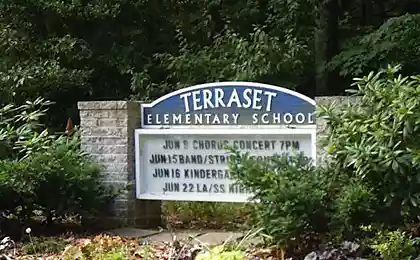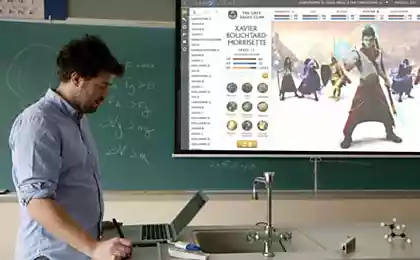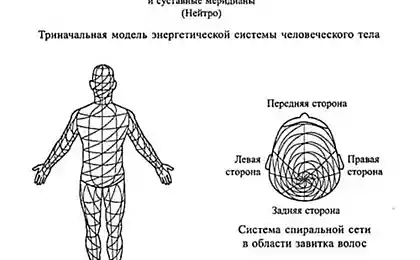1132
Six lessons about creativity, which is not taught in school.

1. Keep in mind - the experts will always criticize. The more expert is a person, the deeper he specializes in a certain area, the narrower becomes his way of thinking, and the more it is fixed on the confirmation of what is perceived as absolute truth in their field. As a consequence, in the event of a confrontation with new or different from the established ideas, their focus will shift towards conformism. Is this what I think is right? And if not, the experts will spend a lot of time trying to show and explain why this or that can not be done and why can not be right.
2. Trust your instincts. Do not allow yourself the luxury to give up under someone else pressure. Albert Einstein was expelled from school because of its impact on other students were found to be negative. He failed exams at university and had to learn on the merchant during the year before it still took. He was the only graduate of the course, which has not received the post of teacher after the issuance of a diploma, as none of the professors did not agree to give him a recommendation. And one of the professors ever said about Einstein that he was "the most lazy dog" of all of the students.
3. such thing as a failure simply does not exist. And when you have something does not work, it does not fail. You just learned something that does not work. Always ask - "and what conclusions I draw from the fact that so it does not work?", "Does this explain something that I do not understand, as explained?" And "What I have just discovered from the fact that could not open earlier? ". And keep, please note: if someone tells you that is never wrong, then you talk to those who have never tried to do something new. We see things not as they are.
4. We see things as we are. Therefore, carefully interpret their experiences. Any experience is neutral. He does not have any special meaning. You - is the one who gives it meaning, depending on how you interpret the experience. One day Thomas Edison, who at the time worked on the filament for light bulbs, assistant came and said, "Yes, after all - you already have the failed 5000 attempt !!!" Edison looked at him and said that he does not understand, that he carries. "Because - replied Edison - I made five thousand discoveries that does not work." Each of us constructs our own reality depending on how we choose to interpret their own experience.
5. Always look for an individual approach to every problem. Do not trust your first look at the problem - most likely, it will be based on stereotyped thinking regarding this issue. Always look at your problem from multiple perspectives. And always remember that genius and distinguished by the fact that there is a new look at this or that problem. In general, when you change your view of the problem, the problem begins to mutate.
6. Learn to non-stereotyped thinking. Geniuses do not think analytically creative or logical. Installation, logic, analysis - this thinking by exception, which works like this: excludes everything that is not related to the problem. In this way, they are looking for ways to generate opportunities. A creative genius - these thinkers who on the contrary, absorb the maximum amount of just your thought process, including what seems to be irrelevant to the issue.
And in conclusion, I want to say this: creativity - always a paradox. In order to create, one must have some knowledge, but forget about knowledge; must see unexpected connections between seemingly unrelated things - and it does not have a psychiatric diagnosis; have to work hard - but find time for doing nothing while the creative process carried in the bowels of the unconscious; should create new ideas - most of which will not make sense.























